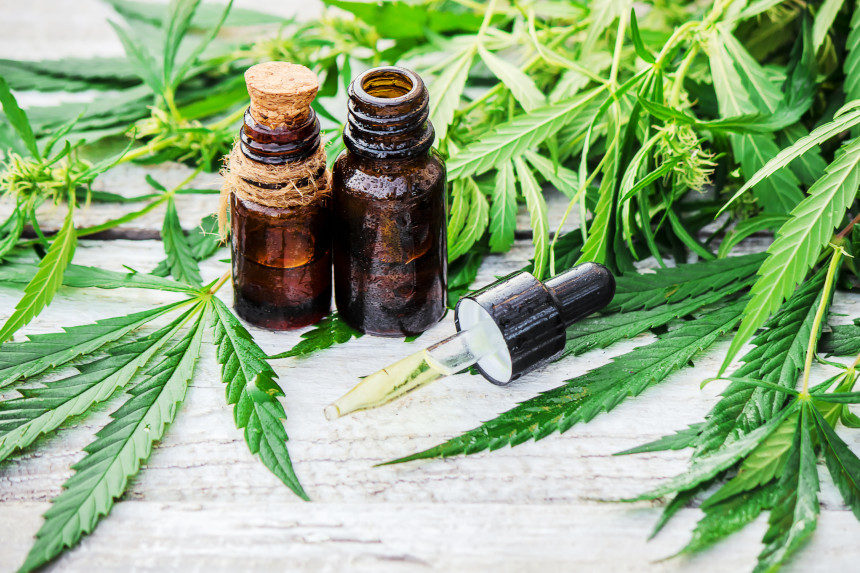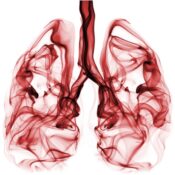“Your Health Checkup” is our online column by Dr. Douglas Zipes, an internationally acclaimed cardiologist, professor, author, inventor, and authority on pacing and electrophysiology. Dr. Zipes is also a contributor to The Saturday Evening Post print magazine. Subscribe to receive thoughtful articles, new fiction, health and wellness advice, and gems from our archive.
Order Dr. Zipes’ new book, Bear’s Promise, and check out his website www.dougzipes.us.
When I wrote about marijuana (cannabis) previously, I emphasized that its legalization in multiple states as well as increased recreational use, especially among young people, have heightened the need to better understand its potential benefits and harm. Because multiple formulations exist, including edibles, transdermal formulations, combustible smoking, and vaping, assessment is difficult since each can impact health differently.
In general, marijuana exposure impairs thinking, psychomotor skills, and driving ability, and can inflame bronchial airways, leading to bronchitis. While the adverse cardiovascular effects are less certain, multiple reports have noted heart rhythm problems such as atrial fibrillation, ventricular tachycardia (rapid heart rates from the bottom heart chamber), and acute coronary syndromes such as heart attacks, cardiac arrests, and strokes.
The most definitive report on medical and recreational use and cardiovascular health has just been published as a scientific statement from the American Heart Association. They note its beneficial effects on pain, cachexia (wasting), nausea, vomiting and spasticity, but that there are no well documented beneficial effects on the heart and blood vessels.
Multiple compounds, particularly tetrahydrocannabinol (THC) and cannabidiol (CBD), determine the impact of cannabis products that can contain pure THC or CBD or their combination. The two compounds exert profoundly different actions on the heart and blood vessels. THC exerts generally negative actions by stimulating the system of nerves (sympathetic nervous system) that increases heart rate, need for oxygen by the heart muscle, blood pressure, and platelet stickiness, and makes the inner lining of blood vessels function abnormally. The increase in oxygen demand by the heart and decreases in heart muscle oxygen supply can trigger angina or even heart attacks in people with preexisting coronary artery disease, particularly when cannabis is smoked.
CBD appears more beneficial than THC and may reduce heart rate and blood pressure, improve blood vessel function, and reduce inflammation. CBD is non-psychoactive, is found in cannabis plants like marijuana and hemp, and has no recreational application. The only investigations of CBD subjected to rigorous study are those for epilepsy and schizophrenia, so claims of benefits for a host of other illnesses remain unsubstantiated.
Cannabis can have addictive qualities with long term exposure, and users may experience withdrawal symptoms such as anger, anxiety, restlessness, irritability, depressed mood, disturbed sleep, strange dreams, decreased appetite, weight loss, headache, and night sweats if cannabis is suddenly stopped, the dose is reduced, or formulation changed. In addition, tolerance occurs with chronic use.
Except for nicotine, adolescents abuse cannabis more than any other drug. Because the brain continues developing until approximately 21 years, adolescent exposure to marijuana can be particularly harmful. Use before age 16 or 18 has been associated with poorer sustained attention and reduced verbal IQ, along with abnormal structural changes in the brain. Pregnant women or those considering becoming pregnant should refrain from using cannabis because of potential damaging effects on the fetus.
Before using cannabis, consider potential risks and benefits for the various forms of drug and administration. Cannabis obtained from the black market, especially synthetic illicit cannabinoids, should be avoided because of possible adulteration, contamination, and questionable dosages. Smoked or vaporized cannabis in general should be shunned, especially in patients with respiratory diseases. Cannabis should not be used in combination with alcohol or drugs that affect mental activity. People with psychiatric conditions should avoid compounds containing primarily THC with little or no CBD.
Many rumors and fallacious claims about the health benefits of cannabis products exist, and users should be wary. If something sounds too good to be true, it usually is.
Featured image: Cannabis plants (Tatevosian Yana / Shutterstock)
Become a Saturday Evening Post member and enjoy unlimited access. Subscribe now



